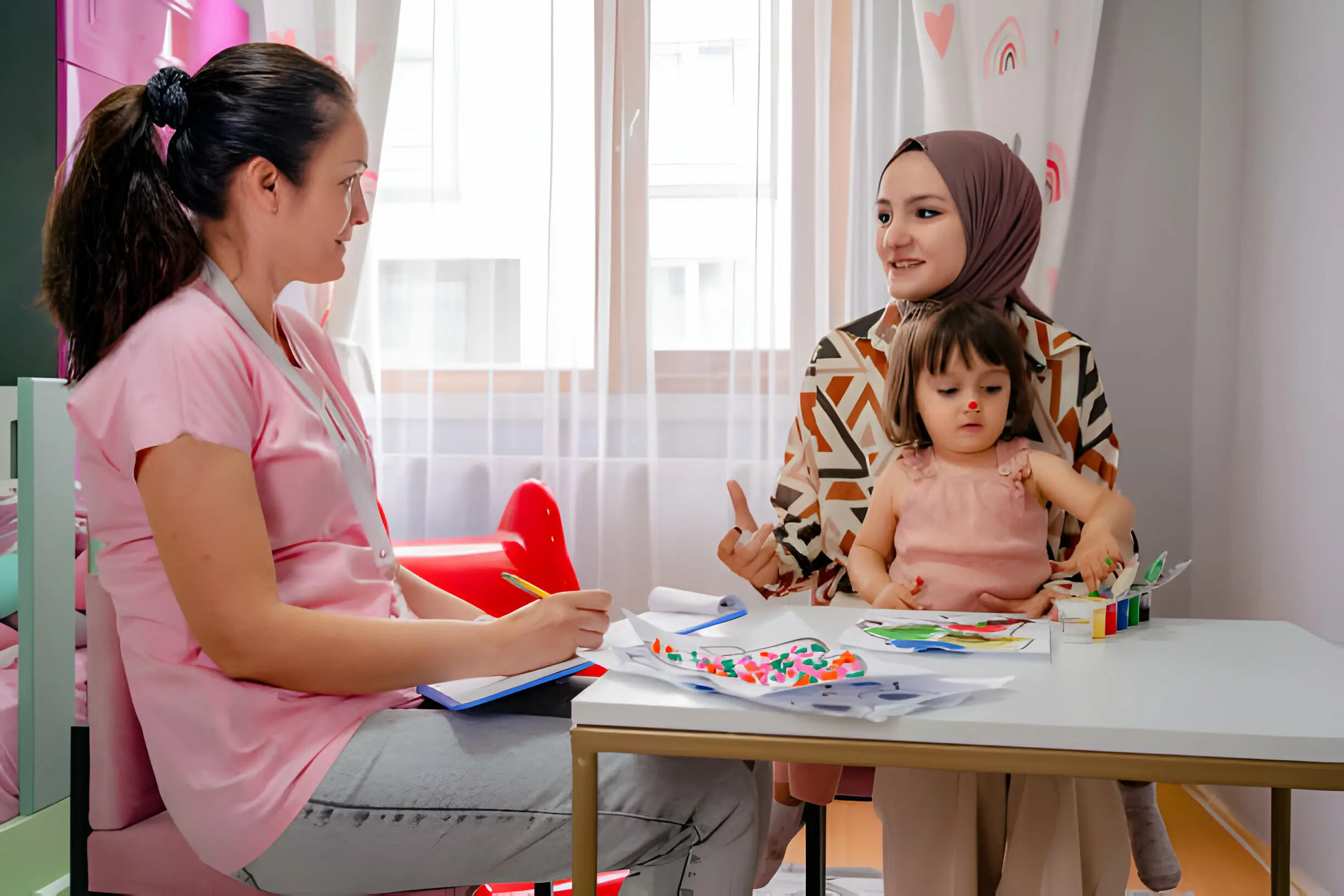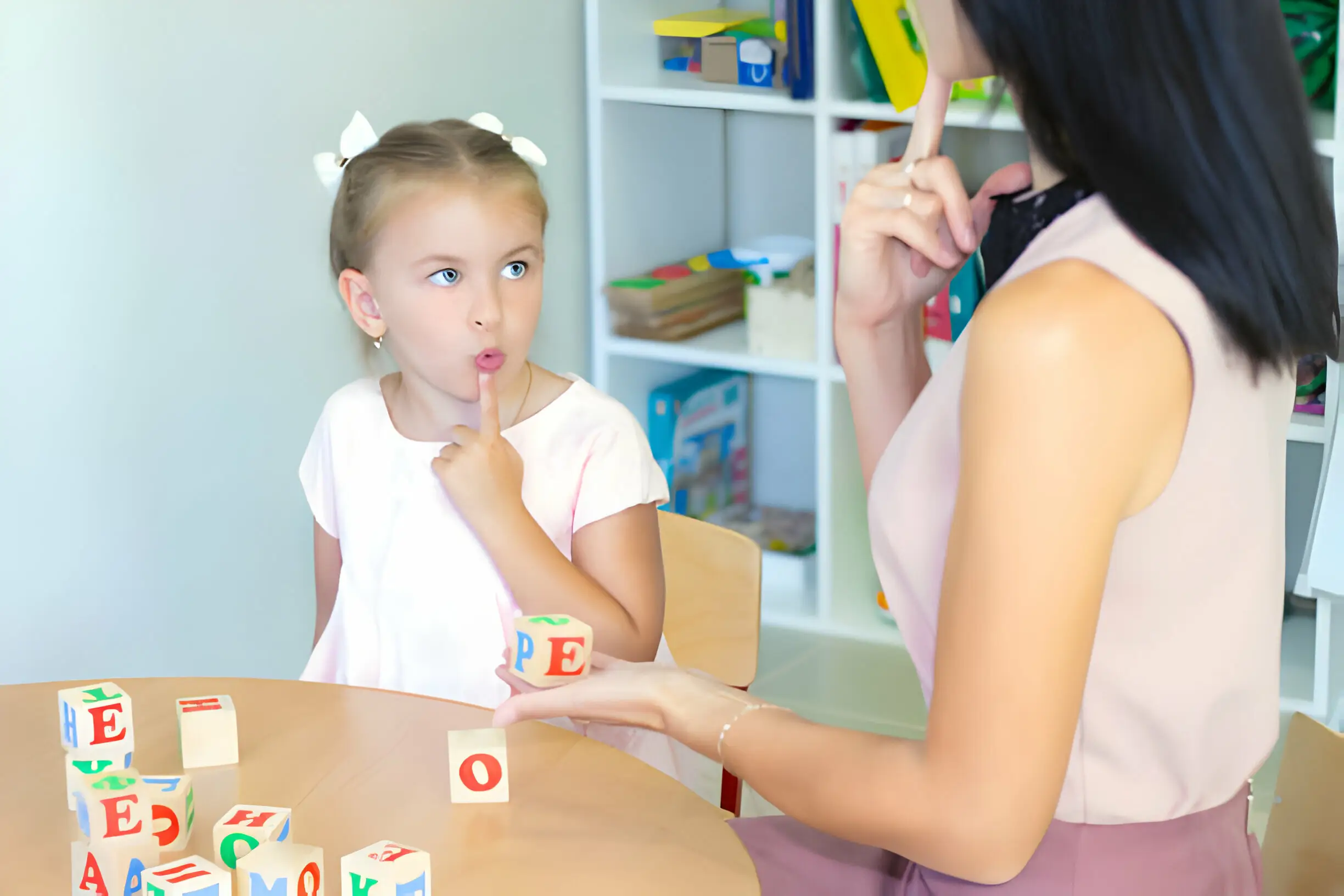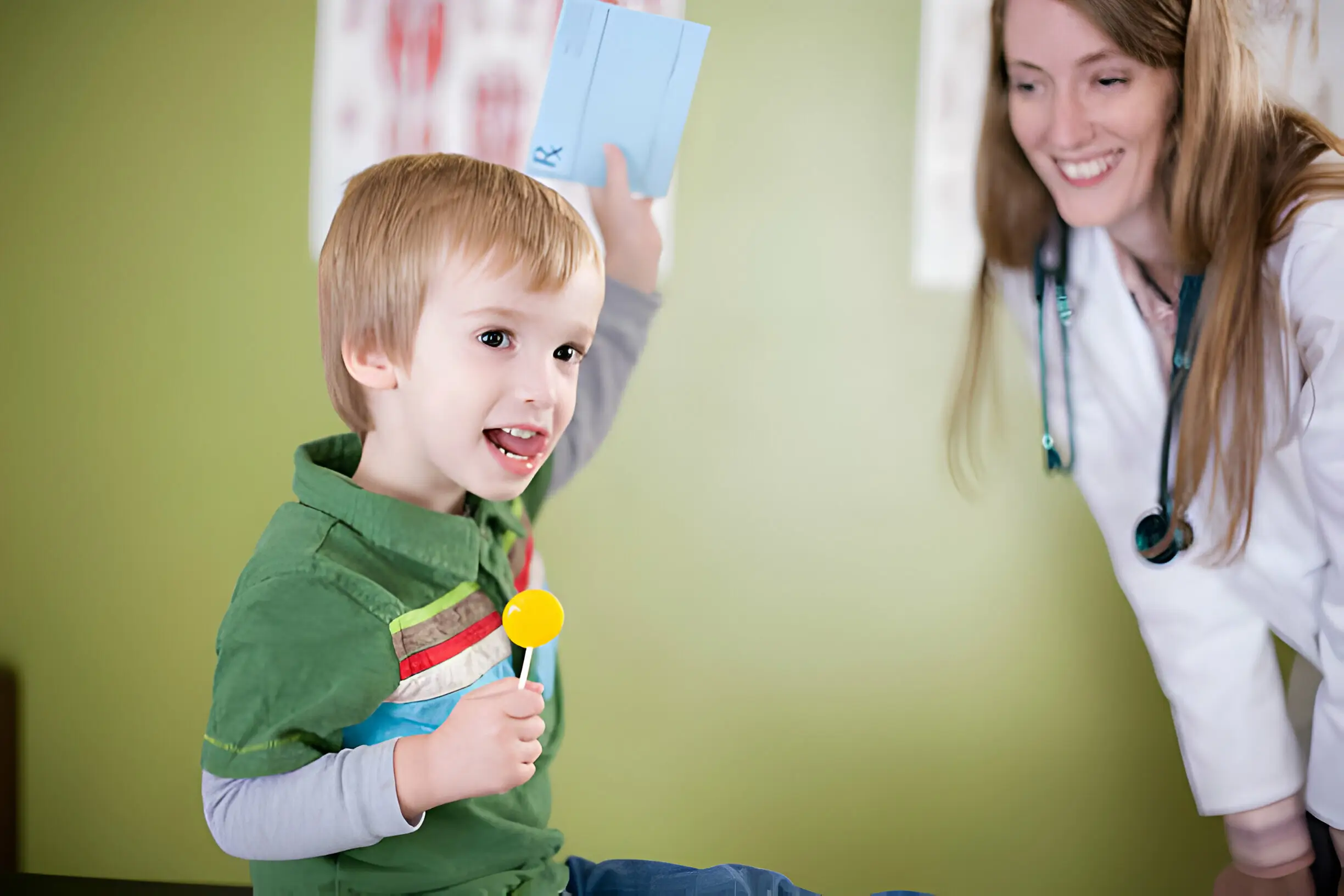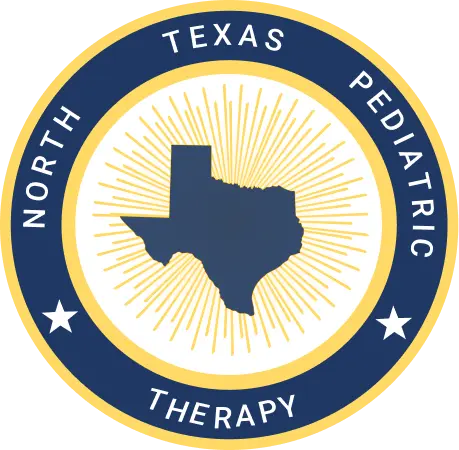In the first few years, toddlers undergo many changes as they learn to babble, crawl, talk, and walk. Sometimes, toddlers might not learn some things as quickly as expected, and that’s okay. Speech therapy for toddlers can help fix these typical issues. For instance, some kids might have trouble saying certain sounds or words, so their parents choose speech therapy. Some babies might take a bit longer to say their first words.
It’s important to know that these things happen, and it’s not a big worry if you notice them early and get the right help. Many experts know how to deal with these issues, giving you options to find the best solution. Remember, every child grows and learns in their own way. Some learn things faster, while others take a bit more time. But if there are specific issues, getting help early is a good idea. If you’re seeking speech therapy for infants, look no further. We are here to support your child’s speech development journey with expert care and guidance!
Here are some signs indicating that your toddler needs speech therapy.

Stuttering Or Repeating Words
Kids sometimes face challenges while talking smoothly, like stuttering or repeating words. This might happen when they start putting sentences together at around 2 or 3 years old, but for some kids, it can continue as they grow up.
While some toddlers may repeat words a lot, which might be a sign of stuttering, saying a word again here and there is okay; if it happens a lot, talking to a speech expert is a good idea. It would be best to monitor your child’s speech improvement over time.
If there’s not much progress month by month, it’s time to get advice from a speech therapist. Consulting a speech therapist early can help before the issues become bigger. They know how to help your child talk better!
Limited Words in Toddler’s Speech
When your toddler is growing, they usually start saying many words. Here’s what you can expect:
- Around 1.5 years old, they might say more than 20 words.
- Between 1.5 and 2 years, they could be saying over 50 words.
By the time your child is 2 or 3, they should be putting two words together, like “mummy daddy” or “milk please.” And by age 3, they might even start using 4 or 5 words to make sentences. You should observe their talking skills to ensure whether they’re doing well or not. But talking to a therapist might be a good idea if your toddler says fewer words than that. It doesn’t always mean something is wrong, but checking just in case is smart.

Addressing Articulation Issues
Sometimes, kids find it tricky to say certain sounds or words. That’s okay – it’s part of learning to talk. Try fun games that focus on the sounds they find hard. This can make learning more enjoyable. If the trouble continues, talking to a speech therapist is a good idea. These experts know how to. help.
Remember, every child learns at their speed. With some support and early help, your child can become a confident communicator.
Not Getting Simple Statements
Whenever you talk to your child, and they don’t seem to get simple statements, it’s okay to be concerned. Especially for 2-year-olds, understanding simple words is an important aspect.
However, when a kid is 2, they usually get more than 300 words. So, when you say things like “Do you want any toy?” or “Want to drink milk?” and they don’t understand, it’s something to look into.
Here’s a tip: People who don’t know your child well should understand them at least half the time by age 2, and by age 3, it should be about 75% of the time. If your toddler is tricky to understand, they might need help learning to say their sounds correctly.
Being Quiet In Social Situations
It’s normal for kids to be shy sometimes, and that’s okay. However, if your child constantly stays quiet in social situations or finds it challenging to talk with others, it might be worth considering speech therapy for infants. This sign might seem confusing, but it’s worth noticing how your child acts around others.
Since every kid is unique, understanding their personality and social interactions can guide you in determining if they could benefit from extra support. Speech therapy can play a valuable role in helping your child gain confidence and improve their communication skills, ensuring they easily navigate social situations.
What Age To Start Speech Therapy
Wondering when to start speech therapy for your toddler? Well, it’s never too early to check for signs of speech issues. By 15 months, your child should understand some basics and make certain movements like nodding and vice versa, but if you notice any troubles, you can consider speech therapy for 15-month-old kid. Although there’s no specific age to check for speech issues, certain milestones can guide you:
- Around one year old, your child should start understanding some basic things and making simple movements. If not, consider speech therapy as a wise move.
- At two years old, kids usually start forming sentences and using lots of words.
- At 3 years old, your child’s vocabulary should be growing. If they struggle to understand and say many words, it’s a good time to think about speech therapy for infants.
Remember, it’s all about helping your little one communicate better!

Benefits Of Early Speech Therapy
Here are some benefits of early speech therapy for children:
- Better Talking – When kids start speech therapy early, they talk better. They learn to understand social cues, read body language, and pick up new words and ideas.
- Feeling Happier – Getting help early can also make kids feel happier. It stops problems like feeling too worried or sad, which can happen if they struggle with talking.
- Talking Better Forever – Kids who get speech therapy early often become good at talking as they grow up. It helps them have great communication skills for life.
- Sounding Better – Speech therapy can also make their voices sound better. So, it’s not just about talking – it’s about sounding good too!
Concerned About Your Toddler’s Speech Development
If you are concerned about speech therapy for toddlers
and your child’s speech development, North Texas Pediatric Therapy offers support. Our pediatric speech pathologists have a proven track record of helping toddlers overcome speech and language challenges.
Observing your child’s behavior is essential for identifying and addressing potential speech disorders. Trust in the expertise of speech-language pathologists to guide you through any concerns. Should you believe your child could benefit from speech therapy help, consider scheduling a consultation with our talented therapists. Visit the North Texas Pediatric Therapy for more information, and let us be a valuable resource in your child’s speech development journey.


